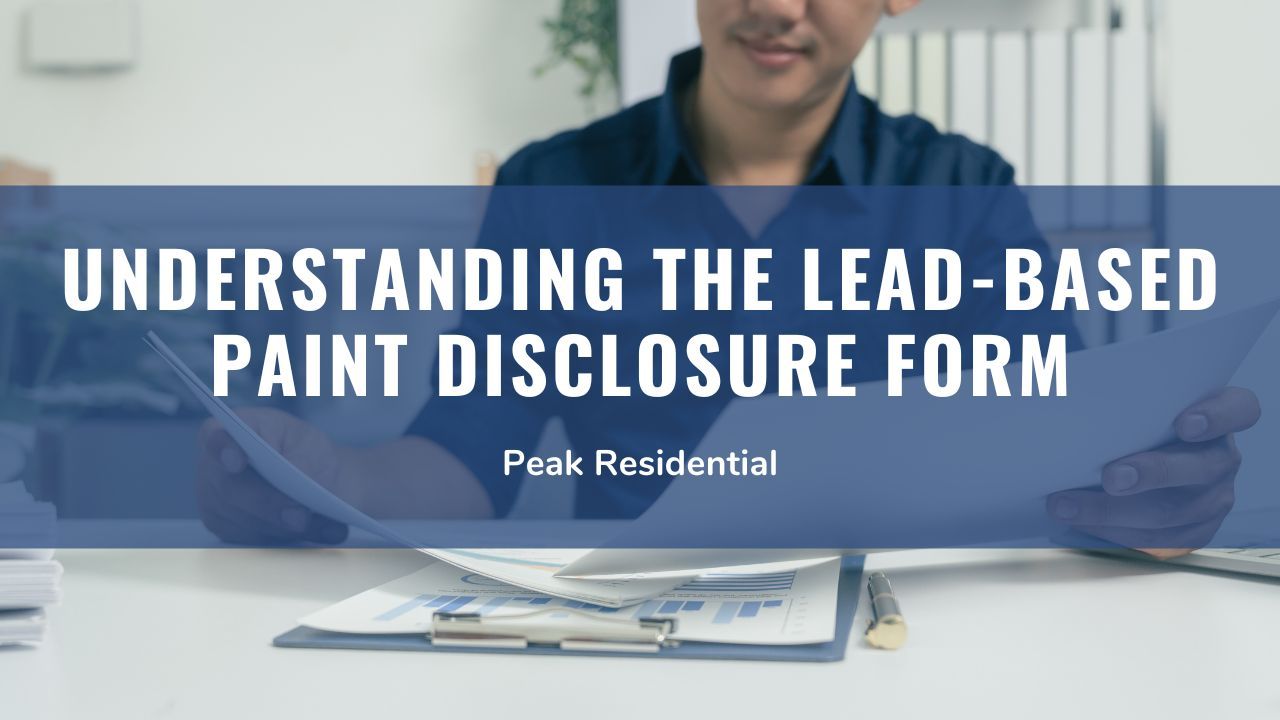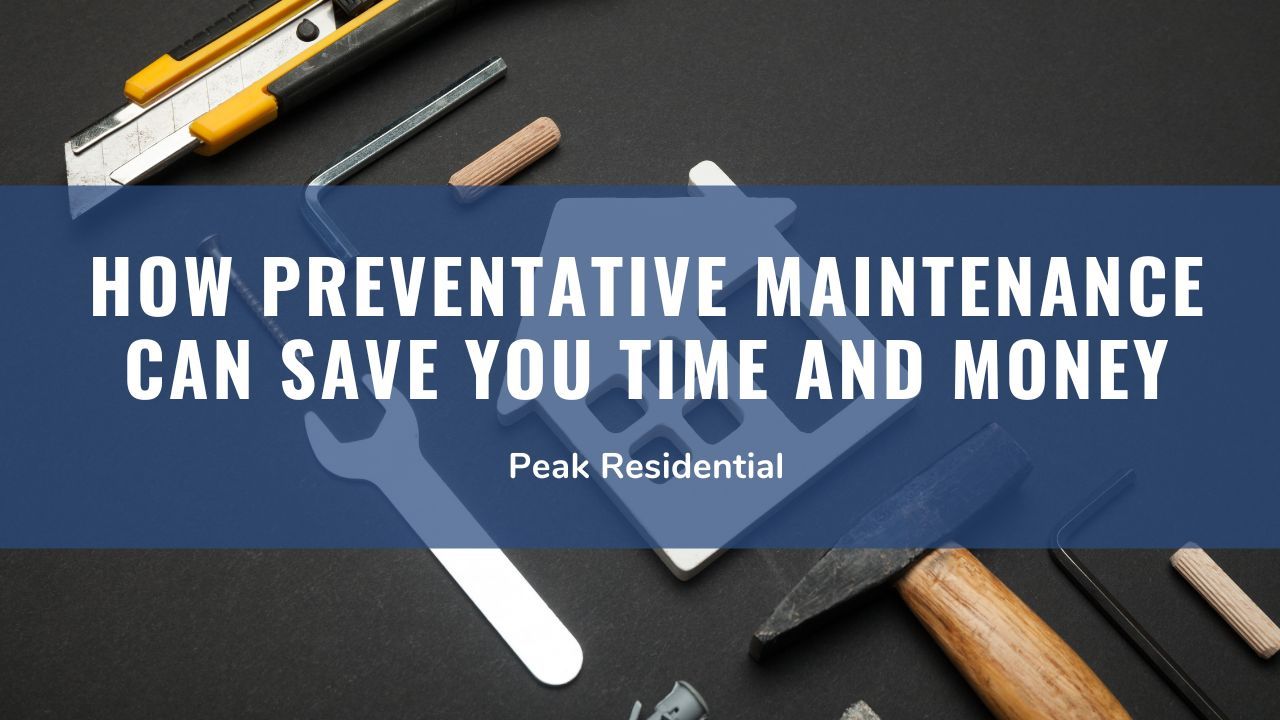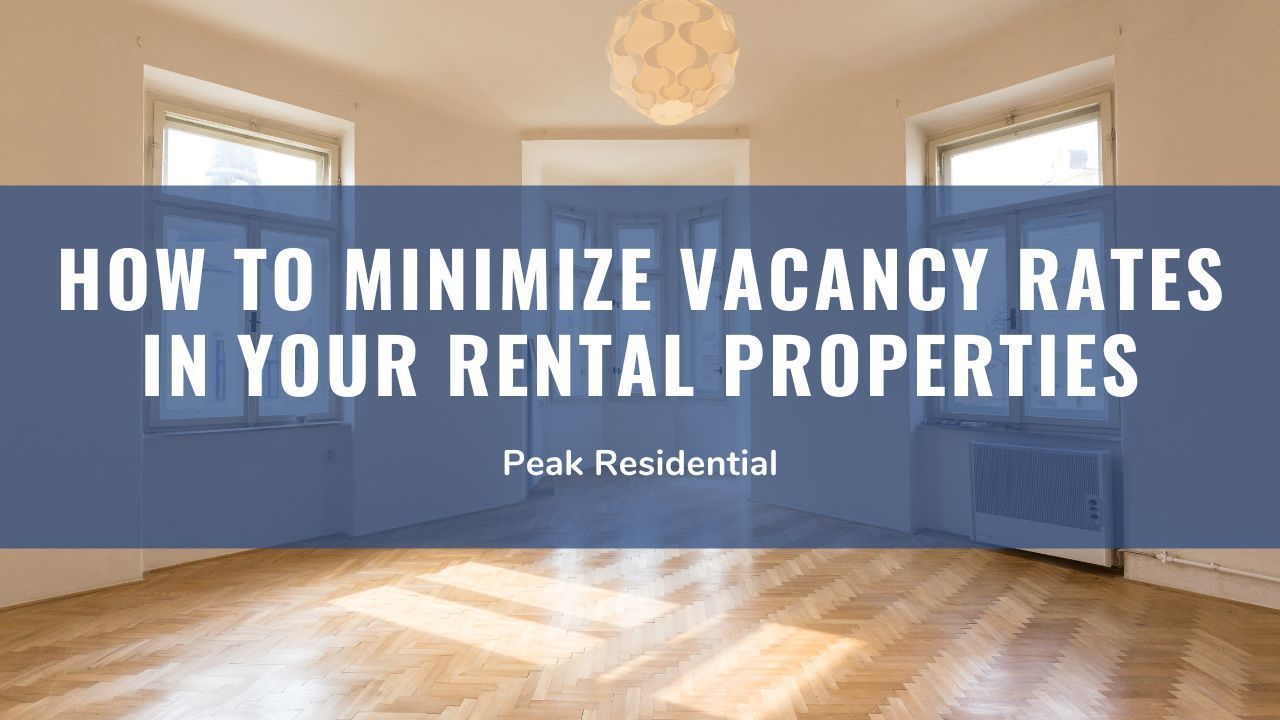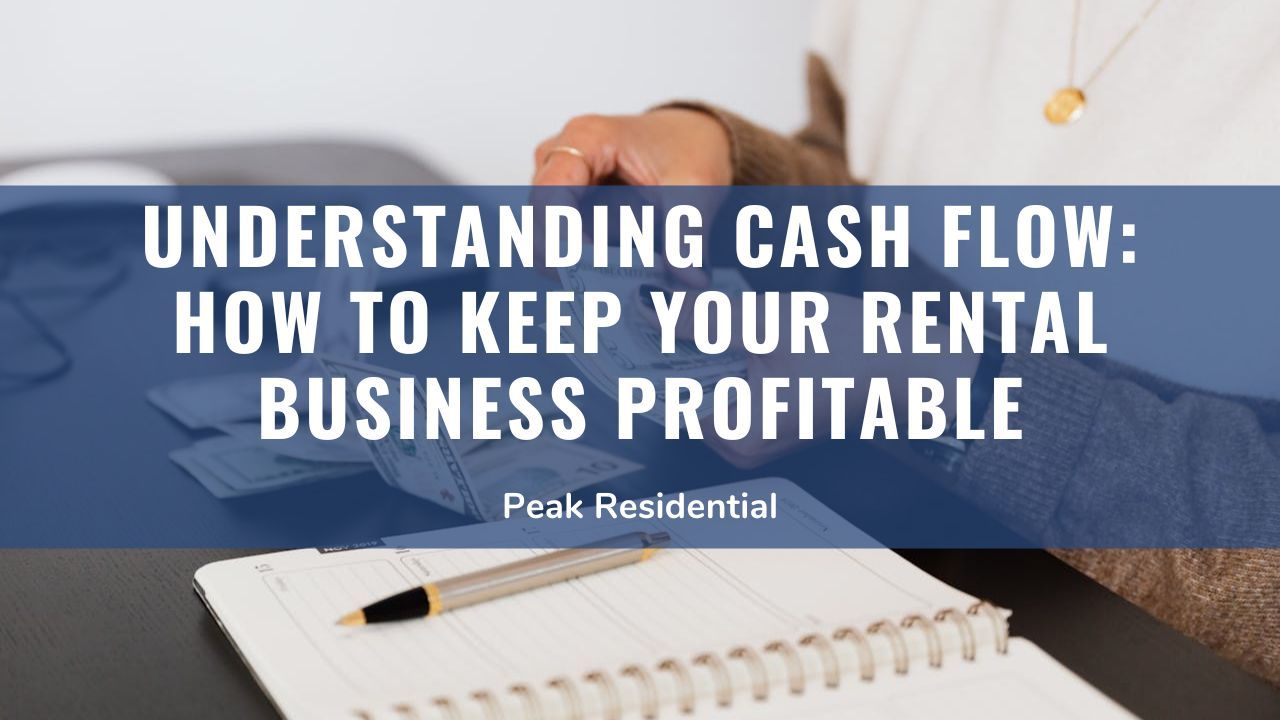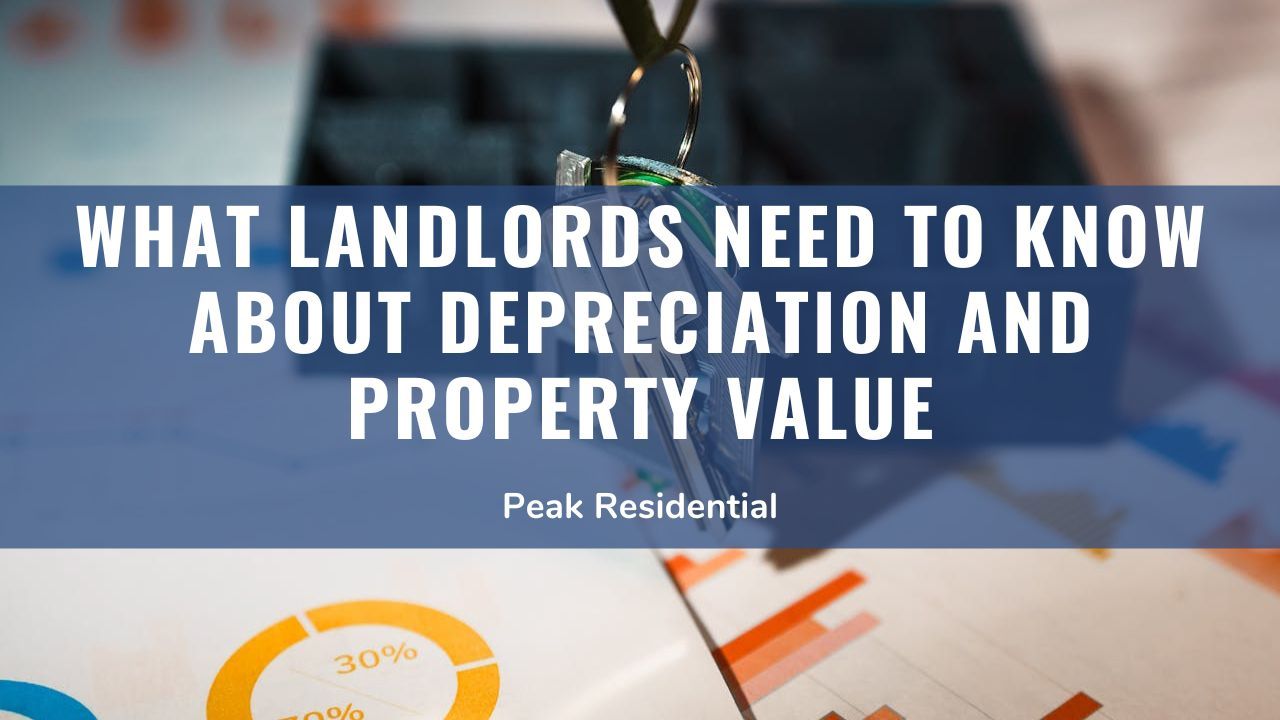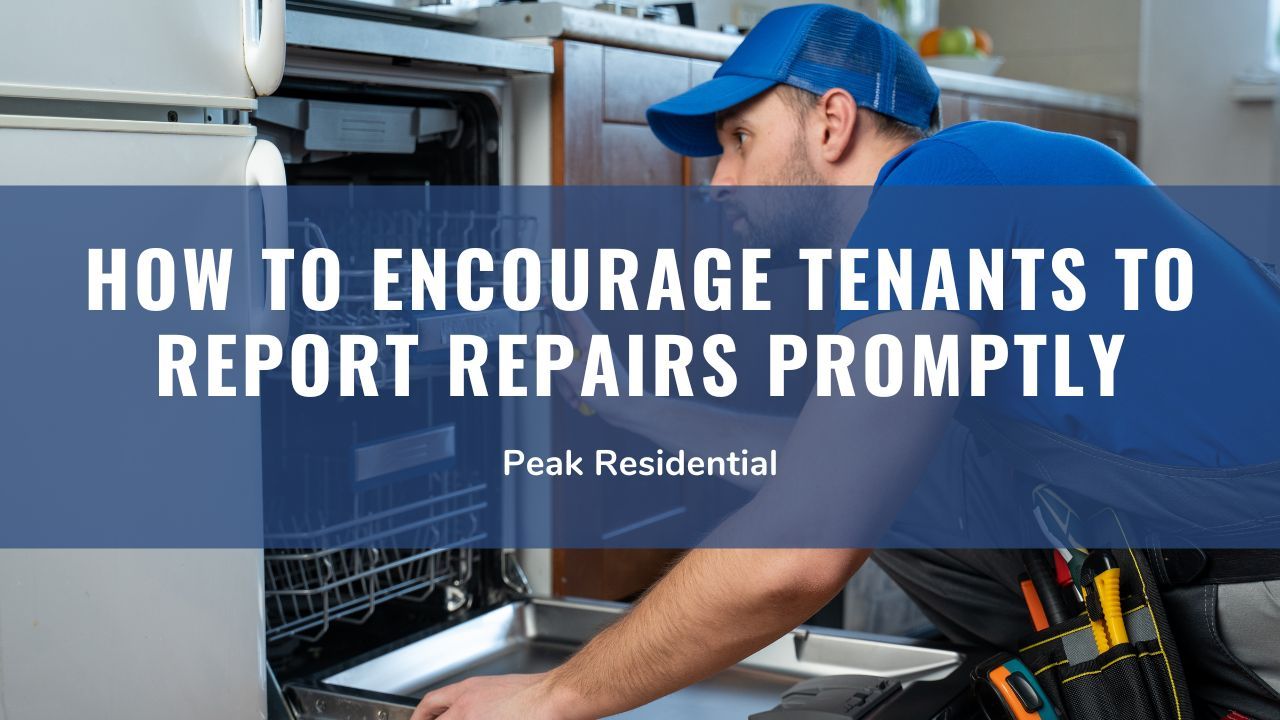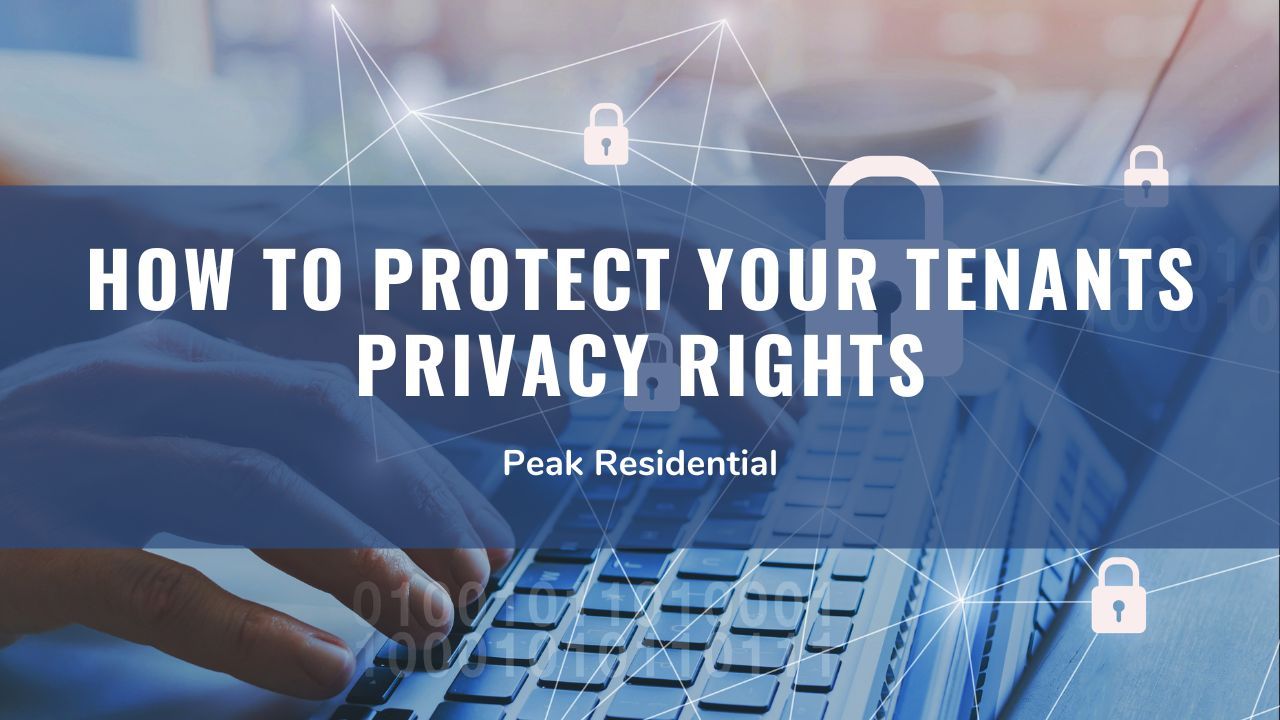How To Recognize and Avoid Rental Scams
Owning a rental property can be a great way to earn a steady passive income and consistently grow your wealth in the long term. However, renting out your home does come with its fair share of risks.
To protect their properties and investments, landlords should be wary of rental scams. Scammers can impersonate both potential tenants and landlords, or even use photos of the landlord’s rental unit to set up fake rental listings.
Falling for any of these rental scams can come with a number of consequences; it could cost landlords a lot of money or even their reputation.
Luckily, landlords can easily avoid common rental scams by understanding how scammers typically work. To help you
keep your investment protected, the experts at Peak Residential have written this article. Let’s dive into the most common rental scams and how to avoid them!
1. Fake Rental Listing Scam
Some scammers use the photos and information of a landlord’s rental listing to create a separate fake listing. Posing as the owner of the property, they “rent” it out to prospective tenants, typically requesting a costly deposit to “secure” the unit. After collecting payment, the scammer will typically stop contact.
In most cases, renters realize they’ve been scammed after the scammer stops answering their messages. However, tenants might not realize they’ve been scammed right away and may show up at your property, which could disturb current renters or damage your reputation as a landlord.
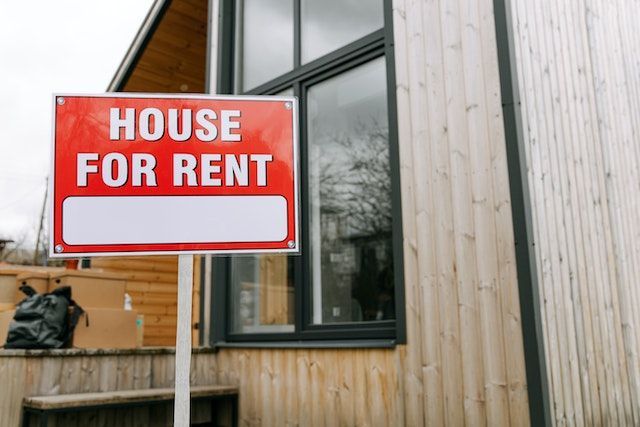
The best way to avoid this type of rental scam is to monitor popular real estate listing sites regularly. You can do a reverse image search with the photos of your property to ensure they haven’t been misused by scammers. If you come across any fake listings, reporting them should be enough for the website to take them down.
2. Fake Tenant Application Scam
Certain applicants may submit a rental application containing lies and fake references in order to make themselves seem more reliable or appealing than they would otherwise.
Falling for a fake tenant application scam can lead to losses, as it increases the likelihood of late or missed payments, and leaves your investment vulnerable to risks like property damage and holdover tenancies.
The best way to avoid falling for this kind of scam is to include extensive background checks in your
tenant screening process. It’s also crucial to double-check all the information applicants provide and contact their references to ensure everything is in order.
3. Overpayment Scam
Another common scam landlords may encounter is the overpayment scam. In this fraud, scammers pose as prospective tenants who offer to pay several months of rent upfront, along with some additional money to cover property expenses. Landlords may accept this offer, thinking it’ll be a simple way to make some money quickly.

However, after accepting the offer, scammers will send a fake check for more than the agreed-upon amount. Claiming there’s been a mistake, they request the landlord to return the excess funds. If the landlord doesn’t realize the check they received is fake, they may end up losing a considerable amount of their own money by paying back the excess funds.
The best way to protect your investment from this type of scam is to be wary of
tenants who offer to pay large sums in advance. If you choose to accept such an offer, draft a contract to ensure you receive the funds.
Additionally, it’s important to ensure that any checks you receive are not fake before depositing them in your account. Keep an eye out for security features such as watermarks, security threads, and serial numbers.
4. Security Deposit Scam
A security deposit is a safety measure put in place to ensure landlords don’t incur significant losses if a tenant damages their rental property beyond
normal tear and wear or defaults on rent. However, some renters may try to hide any signs of property damage before moving out to get their full deposit back.
This can include temporary fixes to plumbing issues, concealing cracks with plaster, and even hiding signs of pest infestation. This can decrease the value of your rental property and may cost you in the long run, as you may not be able to spot problems before they become more urgent.
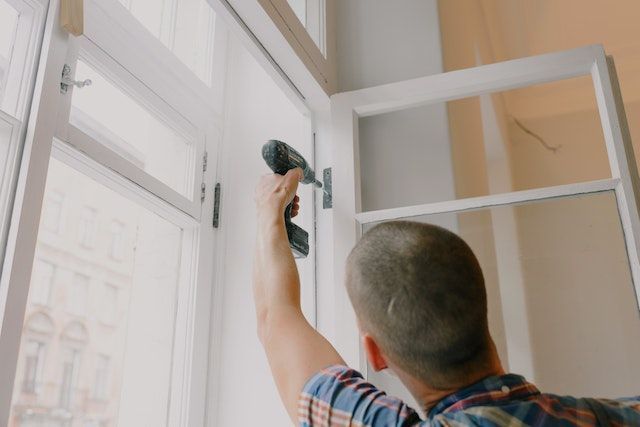
To avoid falling for such a scam, it’s crucial that you conduct a thorough property inspection after tenants move out. If you can, hire a professional inspector to better identify any damages. Additionally, refrain from refunding a tenant’s security deposit until after any necessary repairs and deductions have been made.
5. Subletting Scam
Allowing tenants to sublet your rental property can be very risky, so most landlords don’t allow it. However, there are renters who may still try to sublet a rental without the landlord’s knowledge or approval. This means a higher risk of property damage and
holdover tenants.
Conducting regular property inspections can help you ensure that no one but the person who signed the rental agreement is occupying your property.
However, the best way to avoid falling for subletting scams is to clearly outline your subletting policies on the lease. By stating that you don’t authorize subletting of any kind on the lease, you’ll have legal grounds to evict and sue any tenant who tries to rent out your property to a third party.
Bottom Line
Rental scams can signify a significant loss of earnings for landlords. With the rising threat of frauds, it’s crucial that rental property owners know how to recognize common rental scams. Luckily, you can avoid most rental scams by having an effective tenant screening process, conducting regular inspections, and doing due diligence.
Need help keeping your Sacramento rental investment protected?
Contact Peak Residential! With over four decades of experience, we know how to recognize common rental scams. So, you can rest assured your rental will be in good hands!
